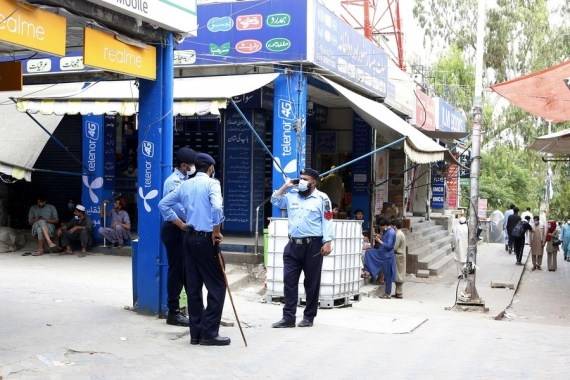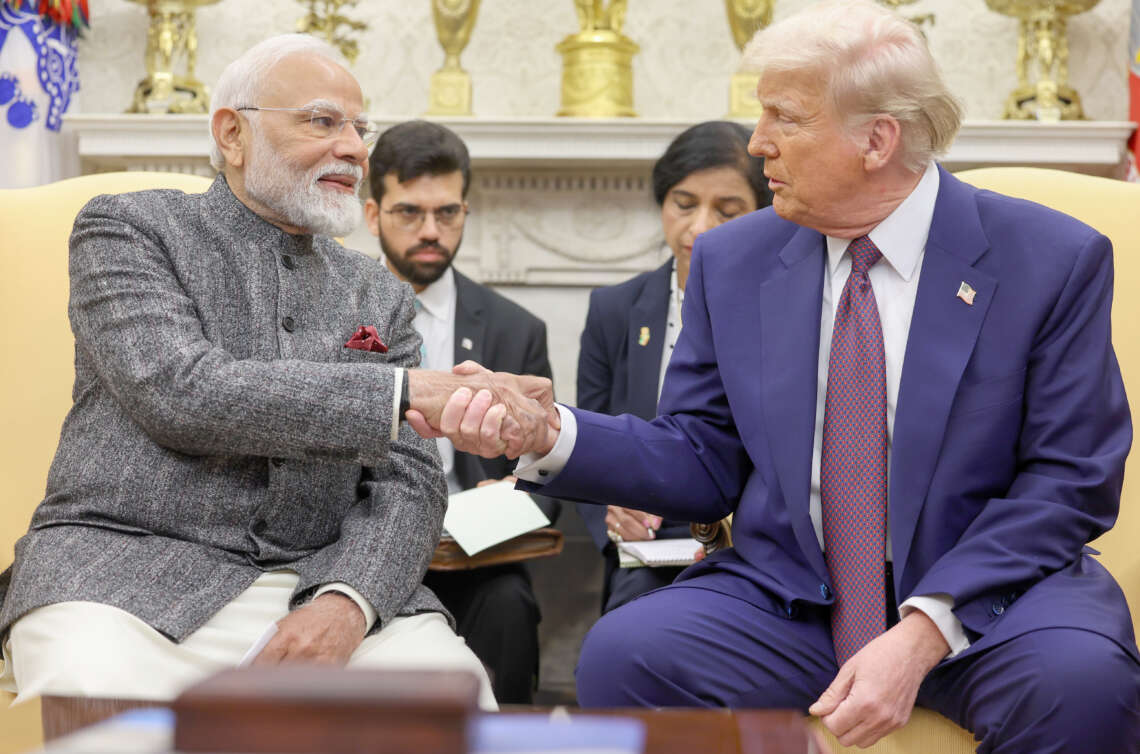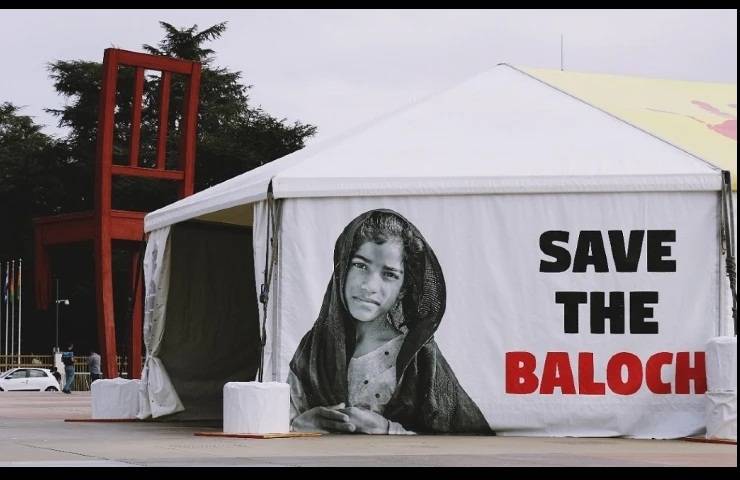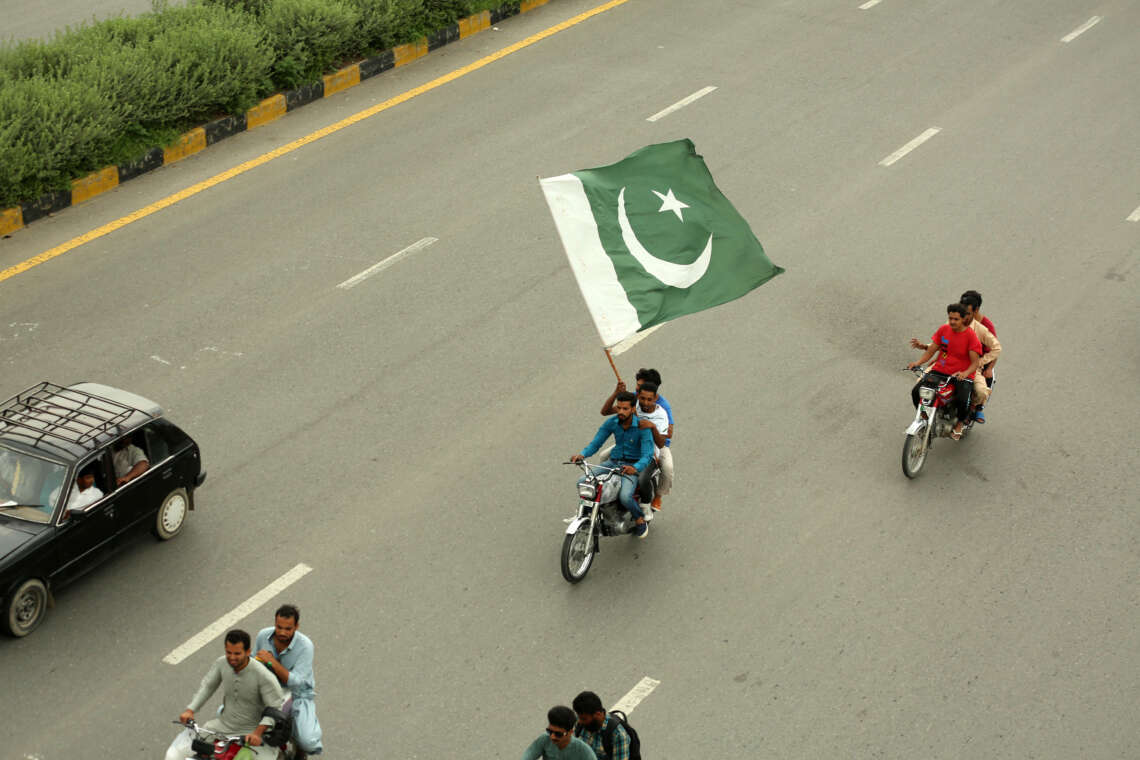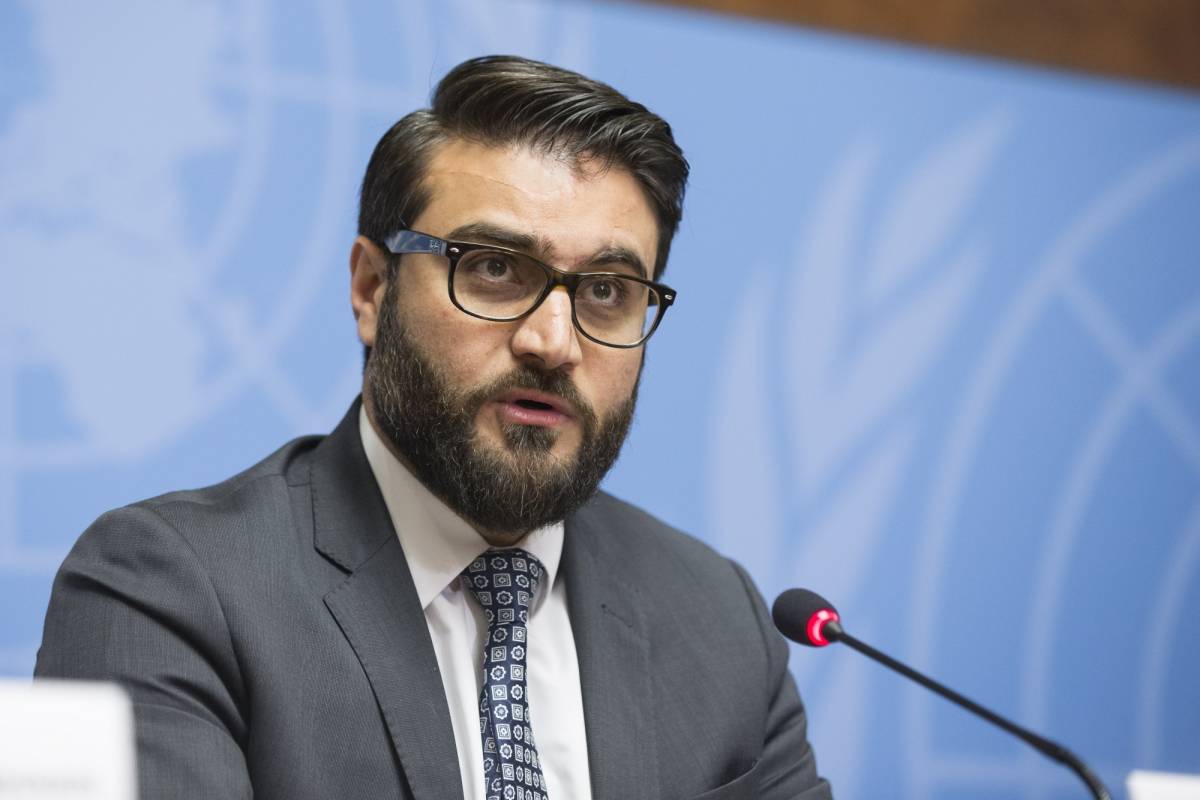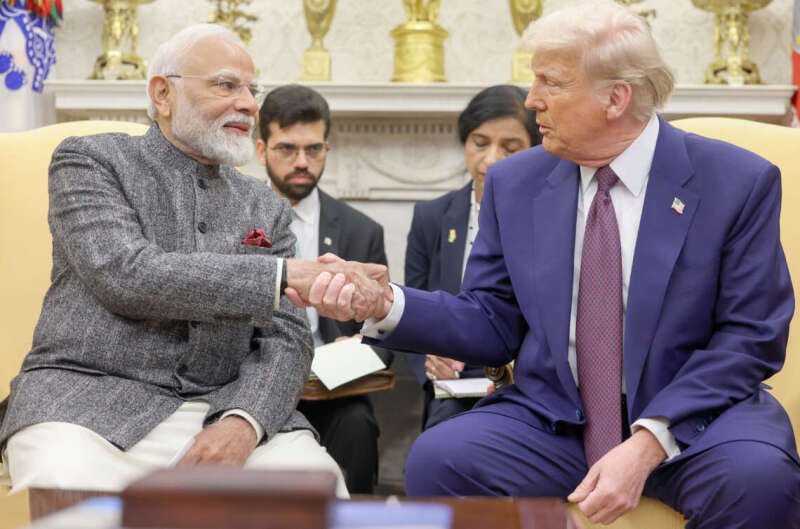Sources in the Finance Division claimed that the government’s focus has so far been on sustaining and accelerating the growth momentum….reports Asian Lite News
The number of unemployed people in Pakistan has increased during the COVID-induced lockdowns, indicating that millions are still out of work despite a projected 3.9 per cent GDP growth.
According to an official report, the projected growth of the economy has almost excluded the informal sector in which three of every four people lost their livelihoods between April and July last year, reported Dawn.
Sources in the Finance Division claimed that the government’s focus has so far been on sustaining and accelerating the growth momentum.
Syed Salim Raza, former governor of the State Bank of Pakistan (SBP) and a member of the Economic Advisory Council, said that parts some groups of the informal economy have been more deeply affected than others by the COVID-19 slowdown.
“It is important to identify where the damage has been longer-lasting. Our commercial banks do not really deal with the broad base of the pyramid,” he said.
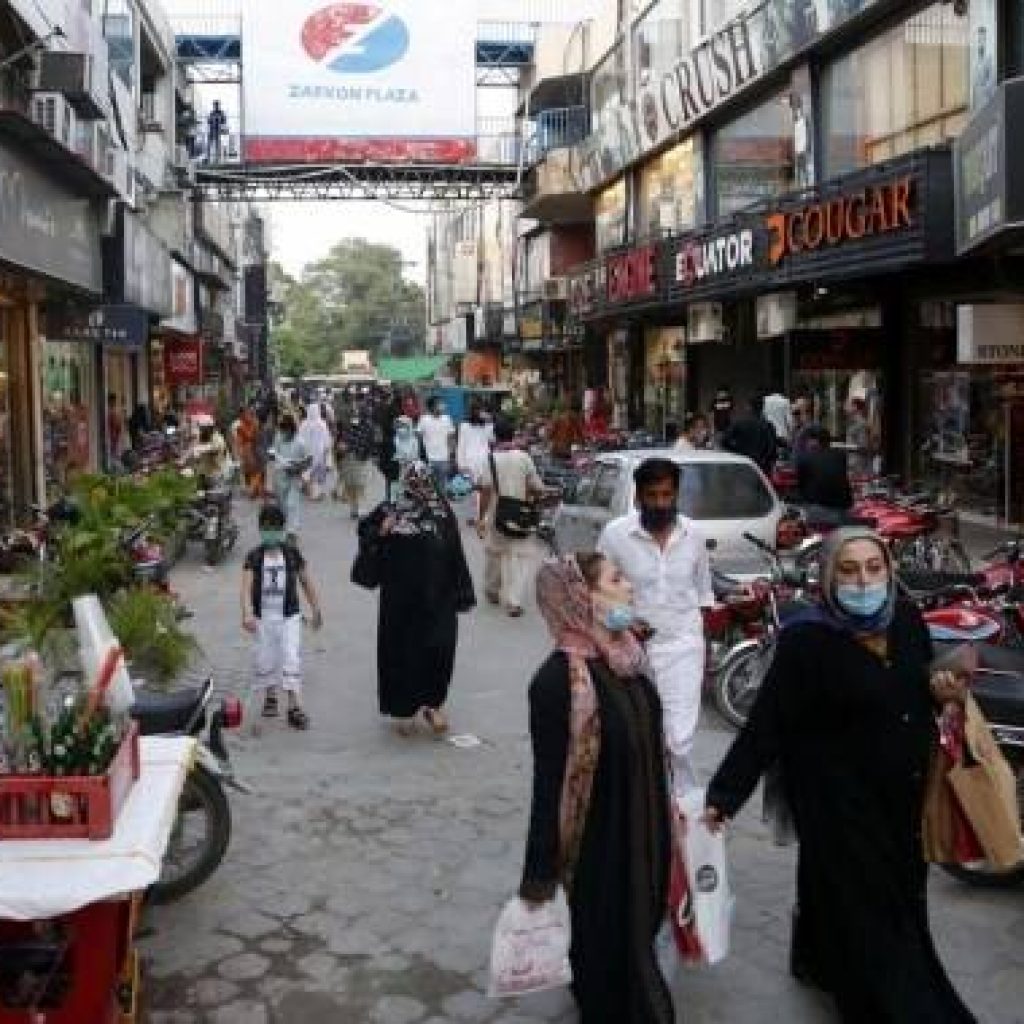
According to a report titled “Special Survey for Evaluating Socioeconomic Impact of COVID-19 on Wellbeing of People”, the labour market of Pakistan shrank by 13 per cent in the April-June quarter of 2020, rendering 20.7 million people jobless.
The dissection of the data collected showed that the impact was the gravest in the informal segment in cities where three out of every four people suffered. The low-skilled young workers were hit the hardest, Dawn reported.
“The economic fallout of COVID-19 has been all around, but it is clearly starker among semi-skilled youth and women. The uneven impact reflects harsh, deep-rooted inequities, stemming from structural flaws and class bias in education, employment, housing and healthcare. To lift the miserables from subhuman existence, there is a need to adjust the orientation of public policies to make them people-centric as opposed to corporate-centric. This is a big ask,” commented an analyst.
However, experts watching global labour trends believe that post-COVID-19 readjustments mean that some lost jobs may never reappear as some sectors may shrink permanently and others flourish and expand, Dawn reported. (ANI)
ALSO READ: US stepping up humanitarian assistance in Afghanistan


